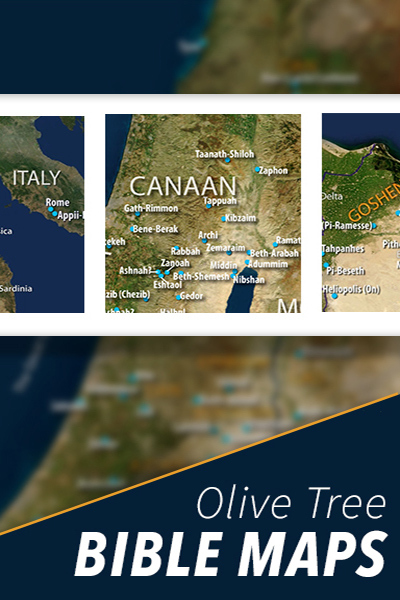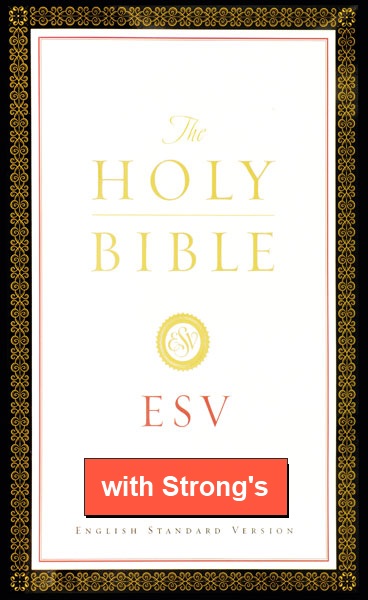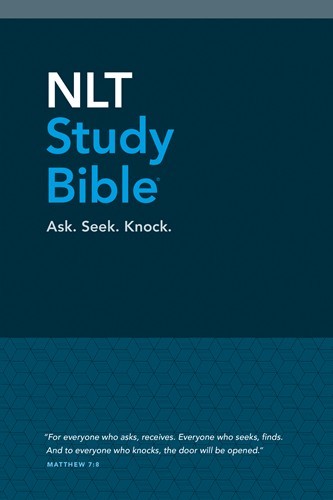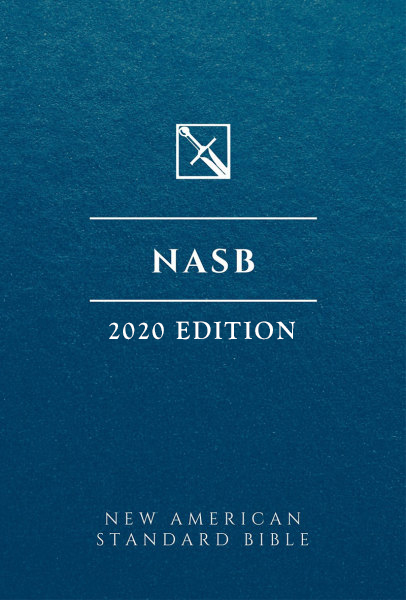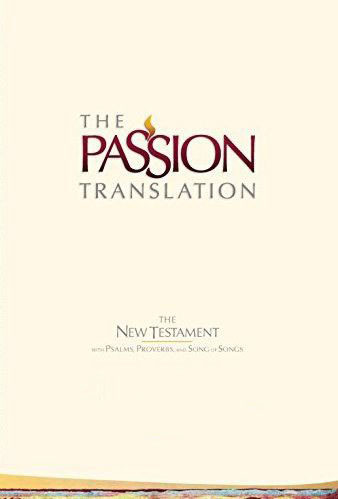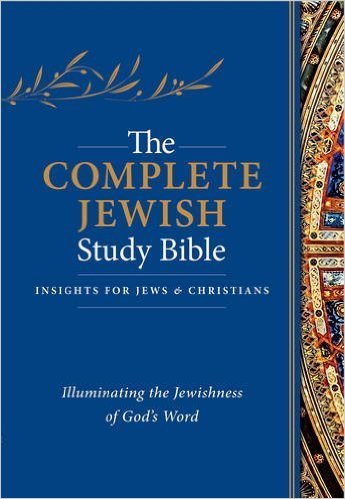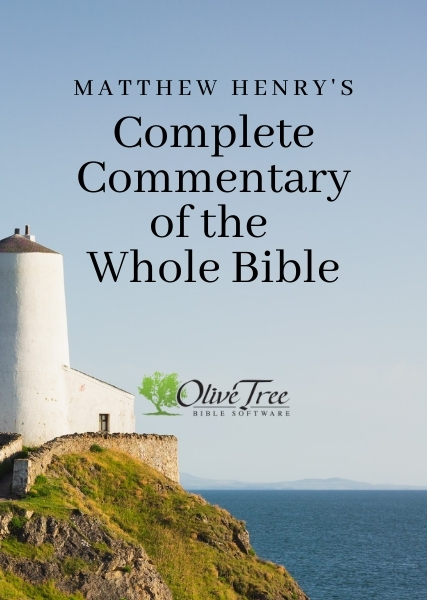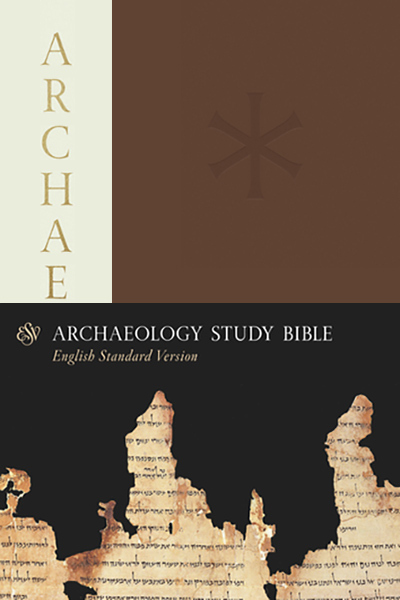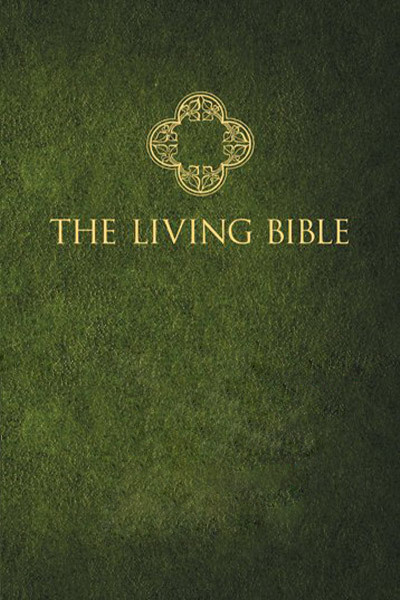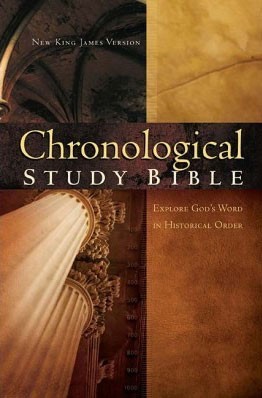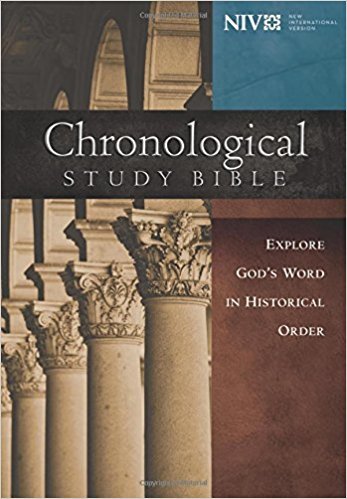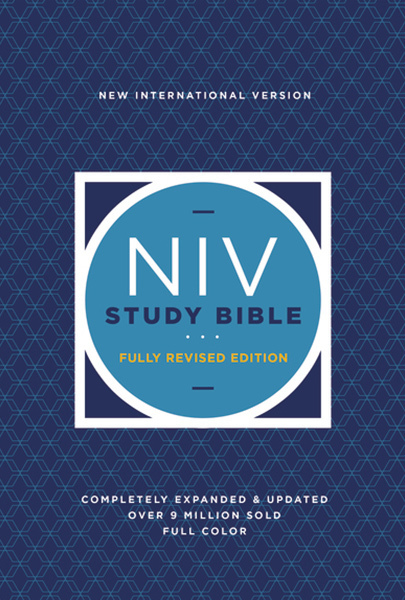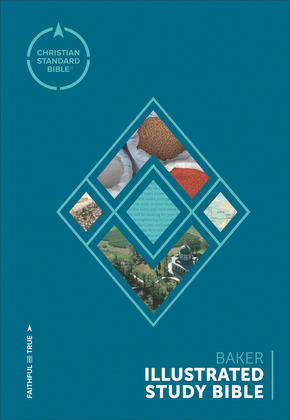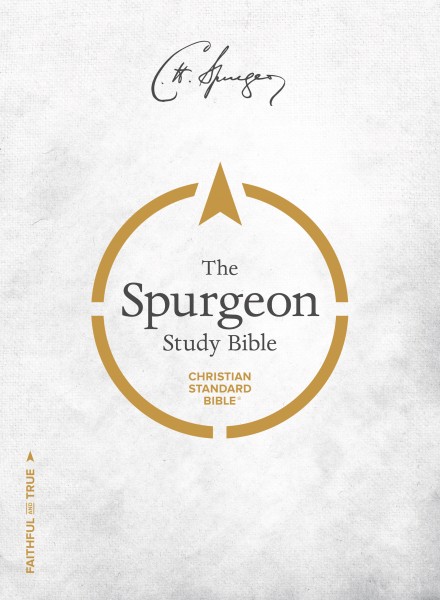Olive Tree Account
Olive Tree Account


Forgot Password
Enter the email address associated with your Olive Tree account to reset your password
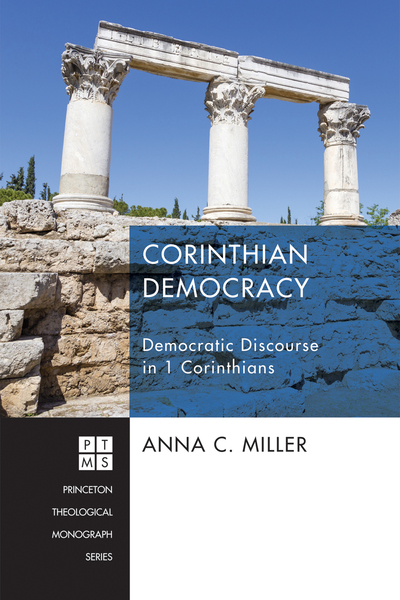
Available for:
iPad, iPhone, Android, Mac, and Windows.
Features
Click on a feature to learn more.
Did your resource mention a passage of Scripture, but you can't remember what the verse says? Never fear! Tap the linked verse and a pop-up window will appear, giving you quick and easy access to the verse in context.
Corinthian Democracy
For the Olive Tree Bible App
Author: Anna C Miller
Publisher: Pickwick Publications

Corinthian Democracy
For the Olive Tree Bible App
Author: Anna C Miller
Publisher: Pickwick Publications
Available for:
iPad, iPhone, Android, Mac, and Windows.
Features
Click on a feature to learn more.
Did your resource mention a passage of Scripture, but you can't remember what the verse says? Never fear! Tap the linked verse and a pop-up window will appear, giving you quick and easy access to the verse in context.
Description
In this innovative study, Anna Miller challenges prevailing New Testament scholarship that has largely dismissed the democratic civic assembly--the ekklēsia--as an institution that retained real authority in the first century CE. Using an interdisciplinary approach, she examines a range of classical and early imperial sources to demonstrate that ekklēsia democracy continued to saturate the eastern Roman Empire, widely impacting debates over authority, gender, and speech. In the first letter to the Corinthians, she demonstrates that Paul's persuasive rhetoric is itself shaped and constrained by the democratic discourse he shares with his Corinthian audience. Miller argues that these first-century Corinthians understood their community as an authoritative democratic assembly in which leadership and "citizenship" cohered with the public speech and discernment open to each. This Corinthian identity illuminates struggles and debates throughout the letter, including those centered on leadership, community dynamics, and gender. Ultimately, Miller's study offers new insights into the tensions that inform Paul's letter. In turn, these insights have critical implications for the dialogue between early Judaism and Hellenism, the study of ancient politics and early Christianity, and the place of gender in ancient political discourse.
Available for:
iPad, iPhone, Android, Mac, and Windows.
You might also like…
You might also like…






